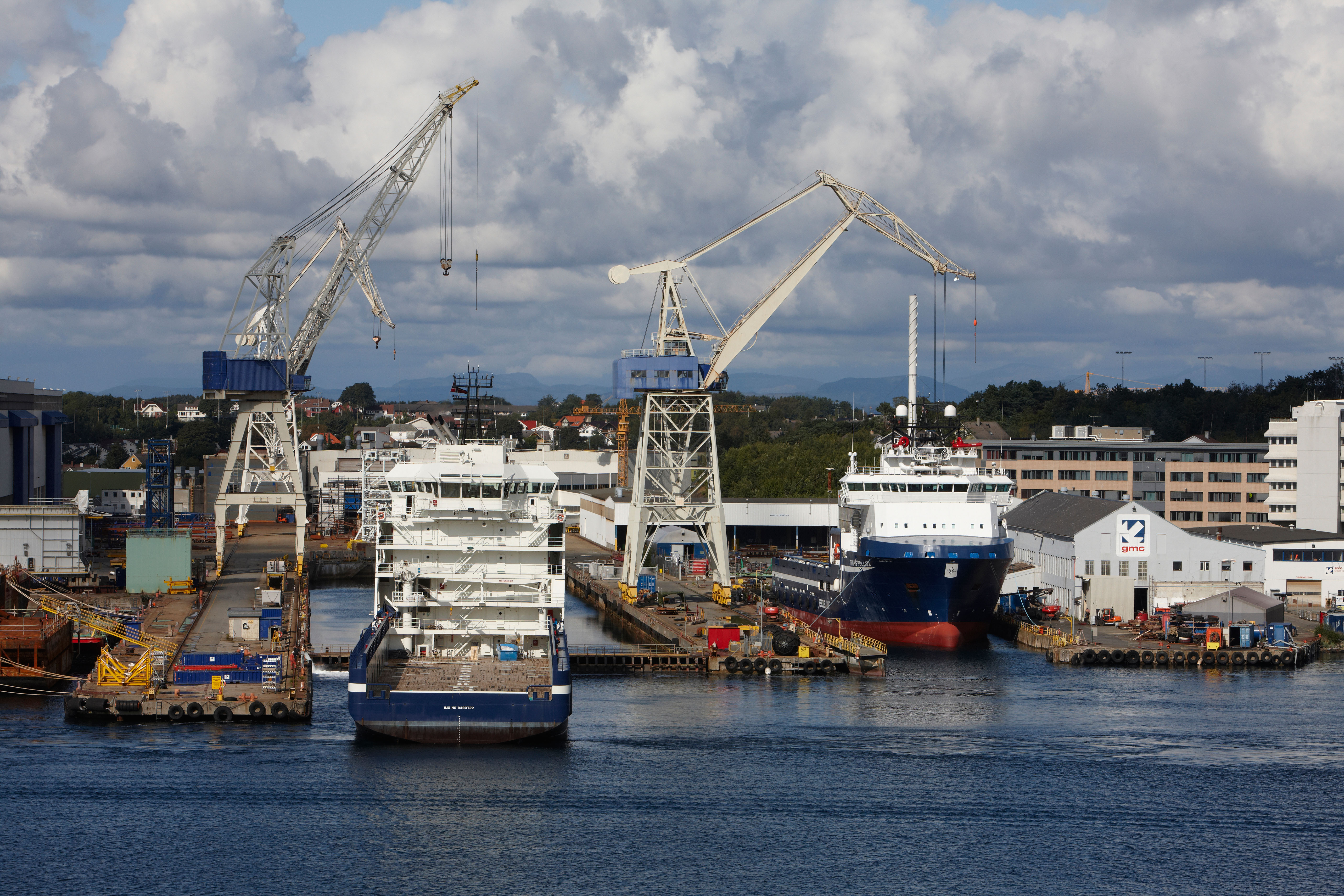Sarah McLean
,
Lead Content Manager
Author
, Published on
September 19, 2025
No items found.

Vessel Performance Over Time allows users to quantify performance gains due to maintenance events and monitor the decline in performance afterwards. Read our blog post to learn more.

Shipowners invest heavily in vessel maintenance and performance-enhancing technology, yet it is often a struggle to quantify the actual impact of these efforts. Variations in speed, weather conditions, and operational factors make it difficult to measure performance gains after an upgrade or determine when efficiency has diminished enough to warrant further maintenance.
The Vessel Performance Over Time tool is the latest addition to Spinergie’s Smart Fleet Management solution. It gives a clear, numerical measure of performance gains after an event. It also shows how performance drops over time due to fouling.
This helps shipowners understand the true ROI for maintenance and technology while helping optimize maintenance schedules. This reduces costs while keeping efficiency high.
Fuel consumption data is heavily influenced by factors such as vessel speed, draft, and weather conditions. This variability makes it difficult to accurately compare vessel performance over time and when measuring the impact of maintenance or upgrade events.
Our model normalizes for variations in speeds, conditions and drafts, which removes the influence of external factors and makes it possible to accurately compare the vessel’s performance at two different times, even in different conditions.
To assess performance over time, we compare actual consumption to a baseline defined by Spinergie’s fuel model for that vessel. By looking at the difference between the actual and baseline consumption, we can track the evolution of a vessel’s performance between two periods of time.
This means the module user will be able to estimate two things:

Vessel Performance Over Time is adaptable across the maritime industry to fit the diverse needs of the offshore and shipping sectors for both shipowners and charterers.
Charterers benefit from the Vessel Performance Over Time module as part of their strategy to reduce operational expenses and carbon emissions.
With accurate, high-quality data, charterers can accurately track fuel consumption and benchmark vessel performance. This allows them to compare normalized fuel models across their fleet, identify the worst performers, and request additional maintenance works. By challenging suppliers' maintenance plans, charterers can ensure the schedule is optimized for cost savings and emissions reduction.
The module is particularly relevant for shipowners responsible for covering the fuel costs of their fleet. However, in cases where fuel expenses fall on charterers, shipowners can still gain a competitive edge by demonstrating a commitment to fuel efficiency.
Using Vessel Performance Over Time, shipowners can easily monitor the impact of maintenance or upgrades on fuel consumption trends and provide charterers with actionable insights into efficiency metrics.
This transparency helps shipowners build trust with clients while also enhancing their marketability with a proven commitment to cost-effective and environmentally responsible operations. Furthermore, they can optimize their maintenance schedules to ensure that hull degradation stays within desired set ranges.
Choosing our Vessel Performance Over Time module ensures a comprehensive and accurate analysis of vessel efficiency. Our module goes beyond just key performance indicators (KPIs) from the latest event. It shows a complete picture by displaying metrics across multiple events and vessels. This allows users to compare maintenance events and see how performance changes.
Our advanced speed-to-consumption considers weather and draft variables. In doing so, it provides accurate consumption predictions in any environment and load conditions.
Rather than relying on a simplistic linear trendline to track performance decline, our module takes a more dynamic approach. This is because we recognize that fouling is not always a steady process—it tends to accelerate when a vessel remains idle. By adapting to real-world patterns, our system offers a more reliable assessment of vessel performance.

.jpg)
Smart Fleet Management integrates helicopter tracking, reporting, and performance analysis.

OSV specifications are shaped by shifting global cycles and regional operating needs, with AHTS defined by power and PSVs by deck area. In this article, offshore energy analyst Eloïse Ducreux explores how these dynamics have influenced fleet design and demand across offshore markets.